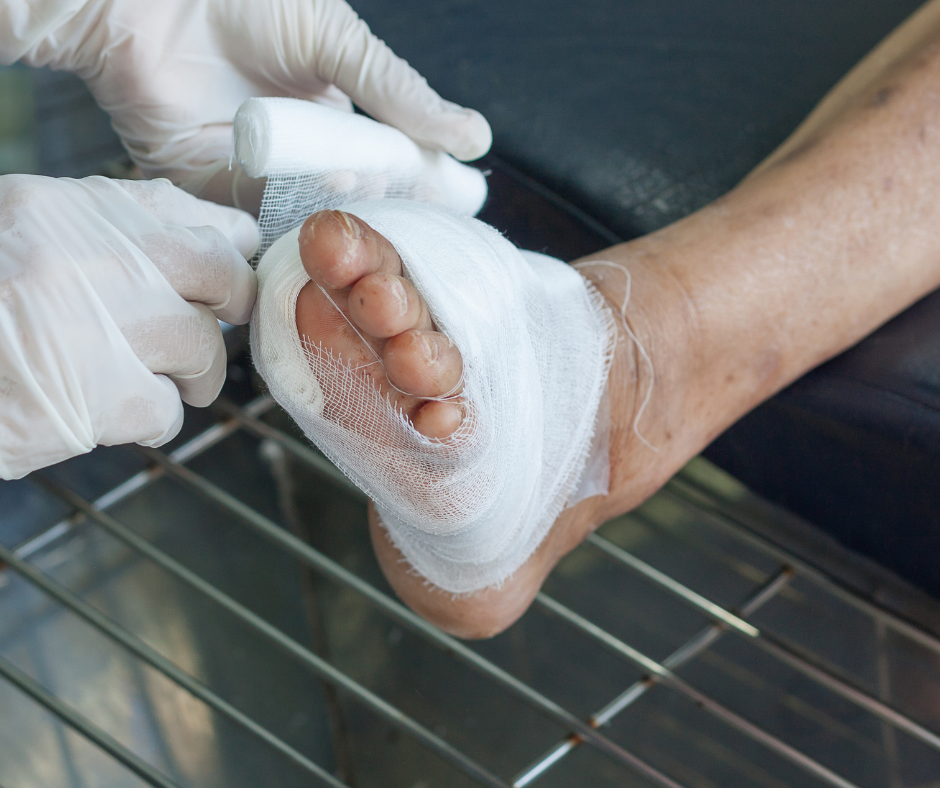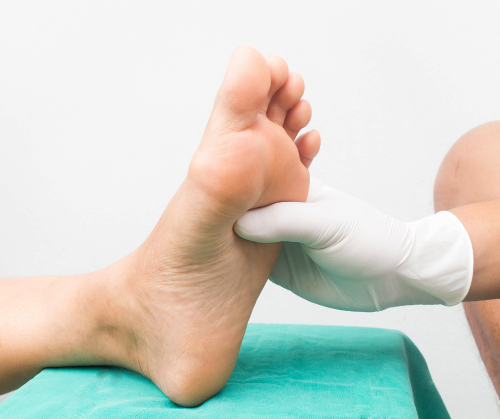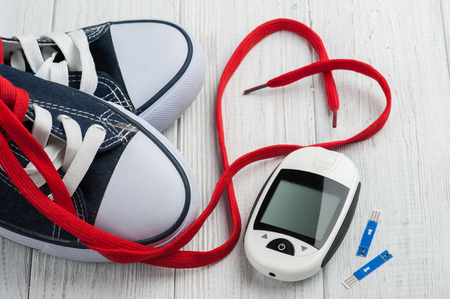It’s always important to maintain the health of your feet and ankles, but people who struggle with diabetes must pay even more attention than the average individual. Due to potential complications arising from high blood sugar, diabetes can inflict significant damage in a short amount of time.
Left unchecked, complications might lead to serious consequences like amputations. That’s why this blog post will offer some clear, simple advice on diabetic vigilance and management techniques courtesy of the expert team at Step by Step Family Foot Care.
Understanding the Risks of Diabetes
High blood sugar levels associated with diabetes can damage nerves and blood vessels, especially in the feet. This nerve damage can cause numbness, tingling, pain, or even a complete loss of feeling. Without the ability to feel your feet, it becomes difficult to detect potential problems like wounds or infections, which, when combined with poor blood circulation, can lead to gangrene, a serious condition that may necessitate amputation or surgery.
Early Detection is Key
Even minor cuts, blisters, or dry skin can evolve into serious foot problems for diabetics. Here’s a checklist of what to look out for:
- Blisters
- Cuts or scrapes
- Ulcers (open sores)
- Dry, cracked skin
- Calluses
- Coldness in the feet
Taking Steps Towards Healthy Feet
The good news is that there are proactive measures you can take to safeguard your foot health:
- Manage your blood sugar levels: Maintaining good blood sugar control helps minimize nerve and blood vessel damage.
- Daily foot inspections: Make it a habit to check your feet every day for any cuts, blisters, or changes in skin texture.
- Podiatrist care: Schedule regular appointments with a podiatrist for professional foot care and maintenance.
- Proper footwear: Wear well-fitting shoes with good support and clean socks that absorb moisture.
- Never go barefoot: This increases your risk of cuts, scrapes, and punctures.
- Consider orthotics: Custom orthotics can improve alignment and provide additional comfort and support for your feet.
At Step By Step Family Foot Care, we are dedicated to providing comprehensive podiatric services. If you have any concerns about your foot health, please contact our office at (973) 917-3785 or visit our website to schedule an appointment with Dr. Debra Manheim. Our friendly staff in Parsippany is here to help you keep your feet healthy and happy!






